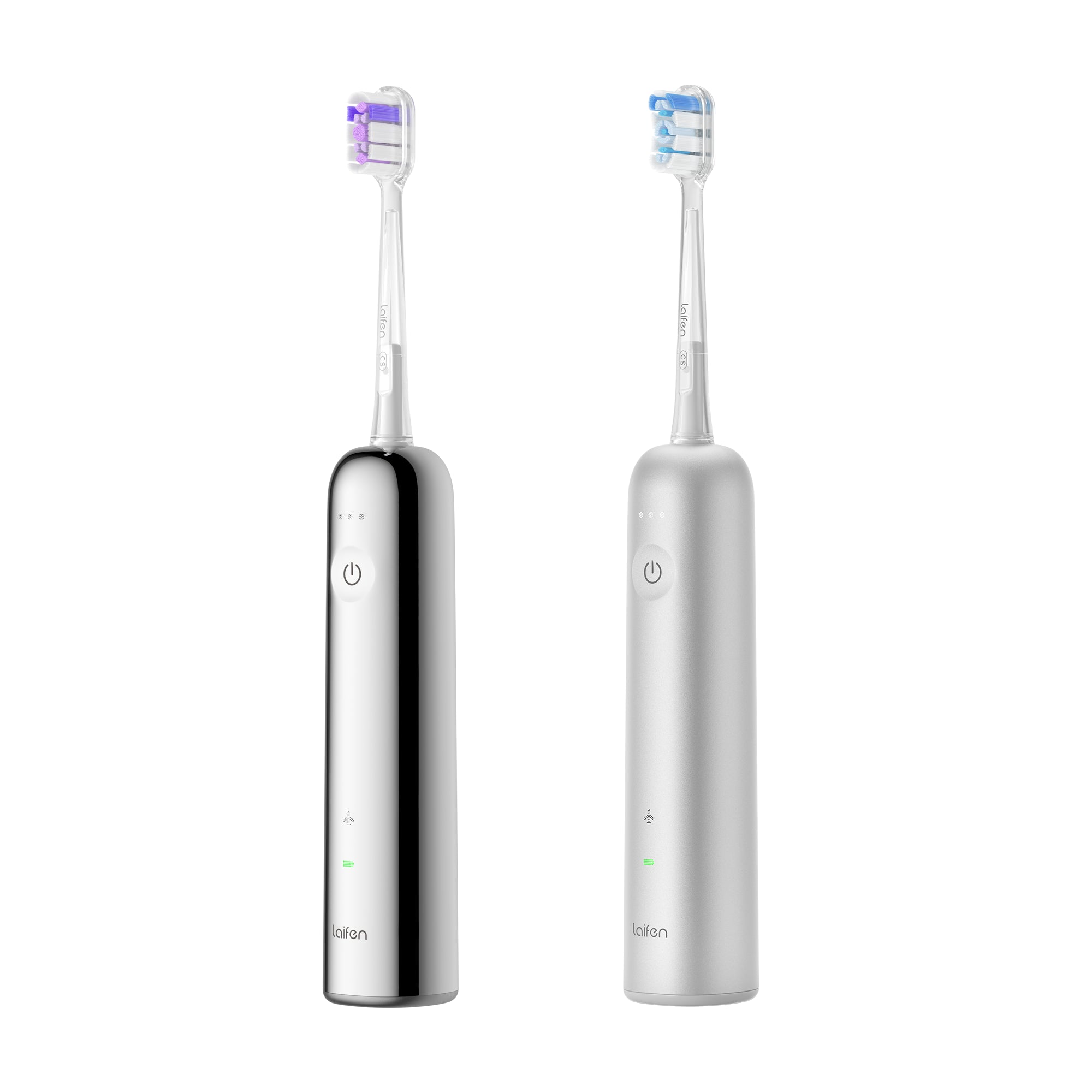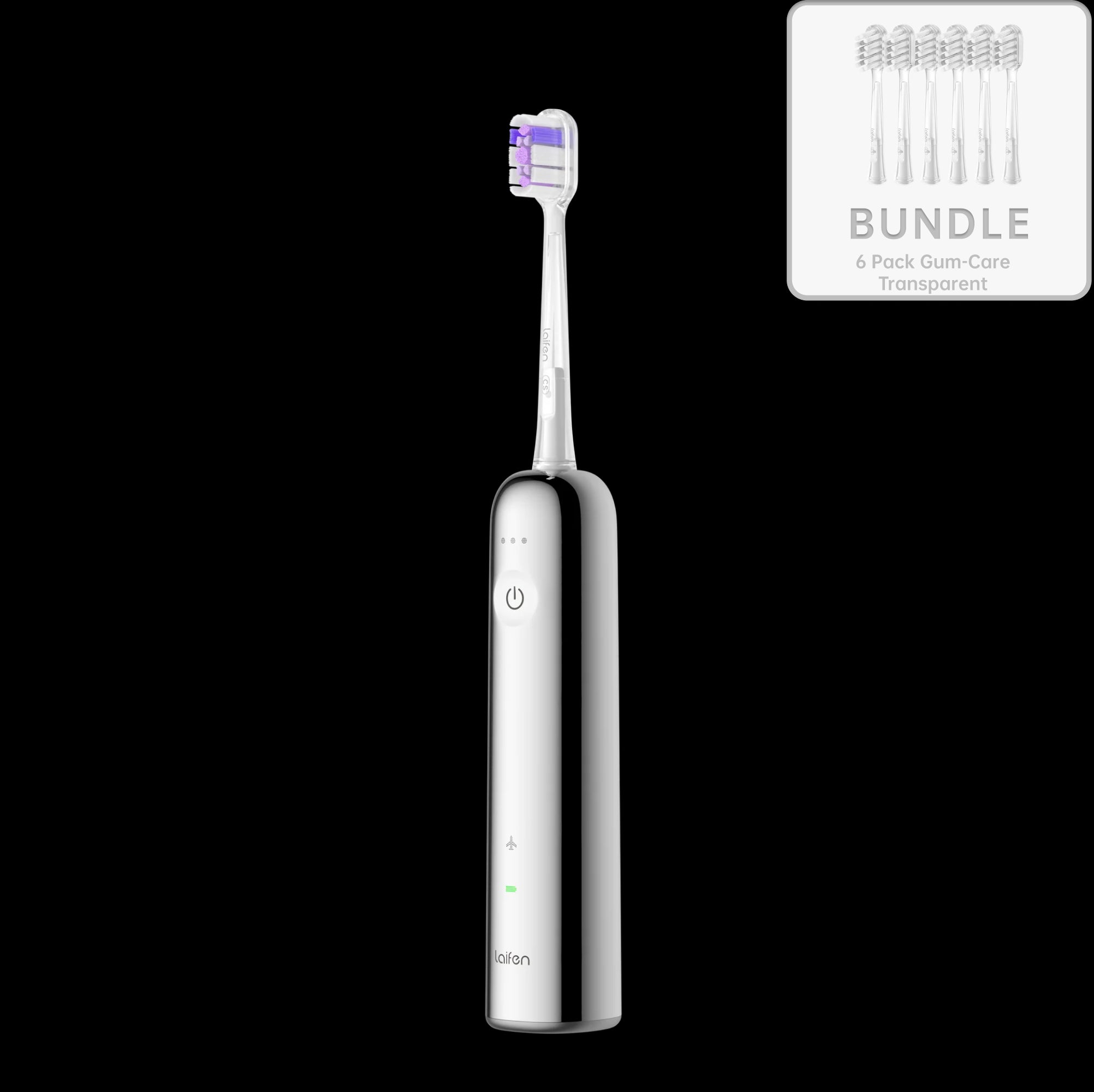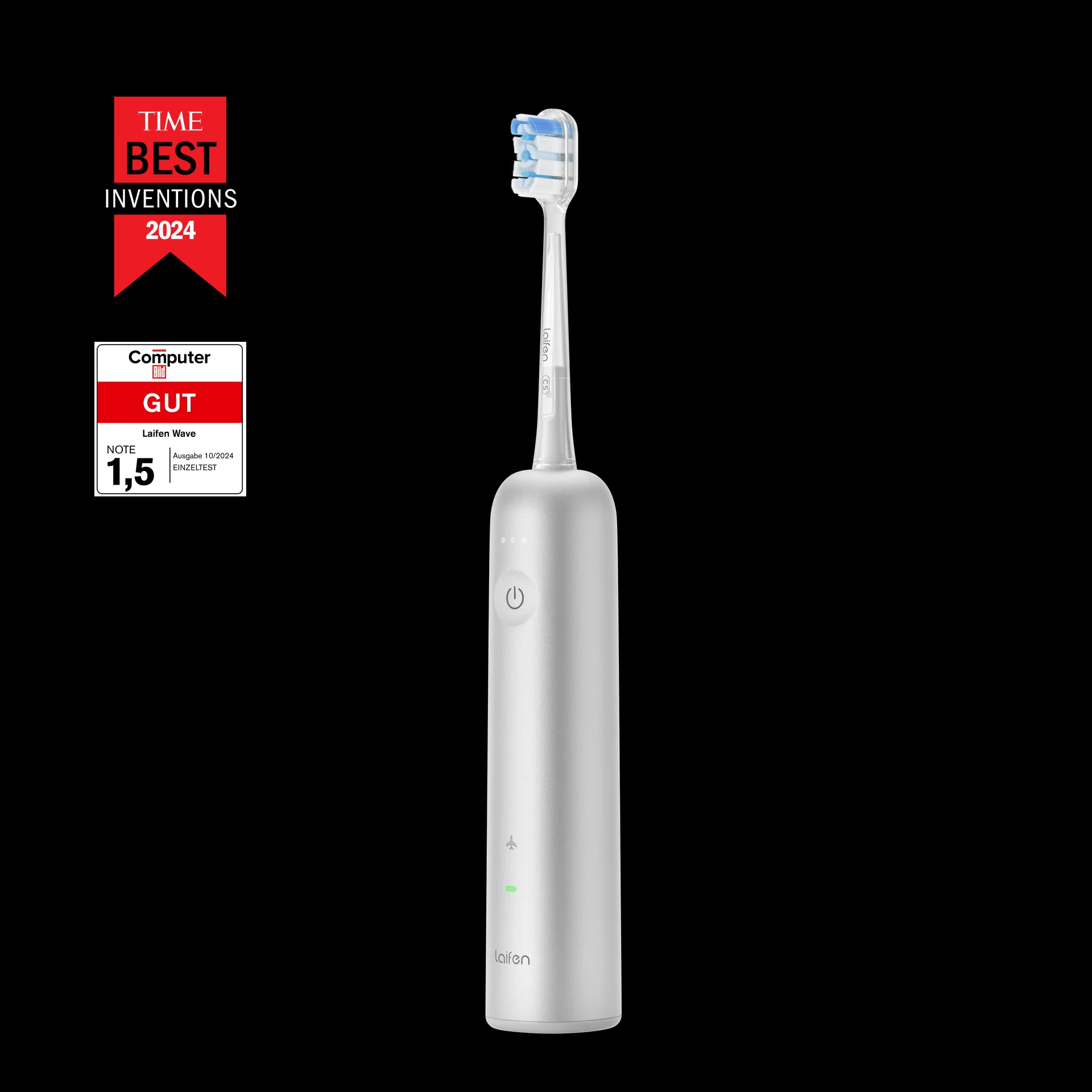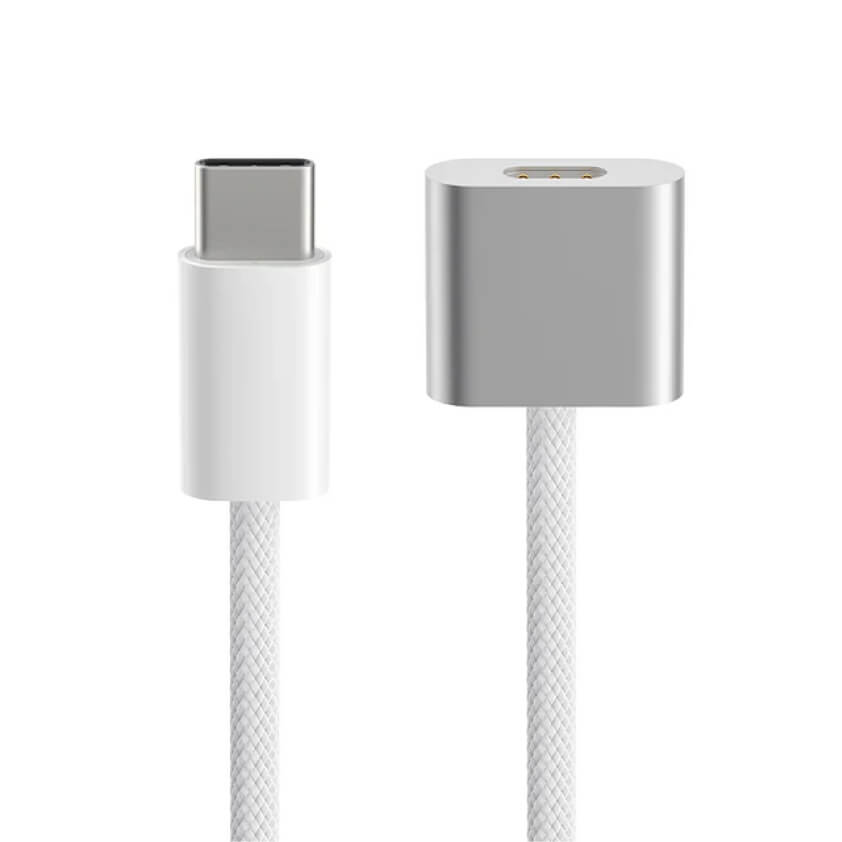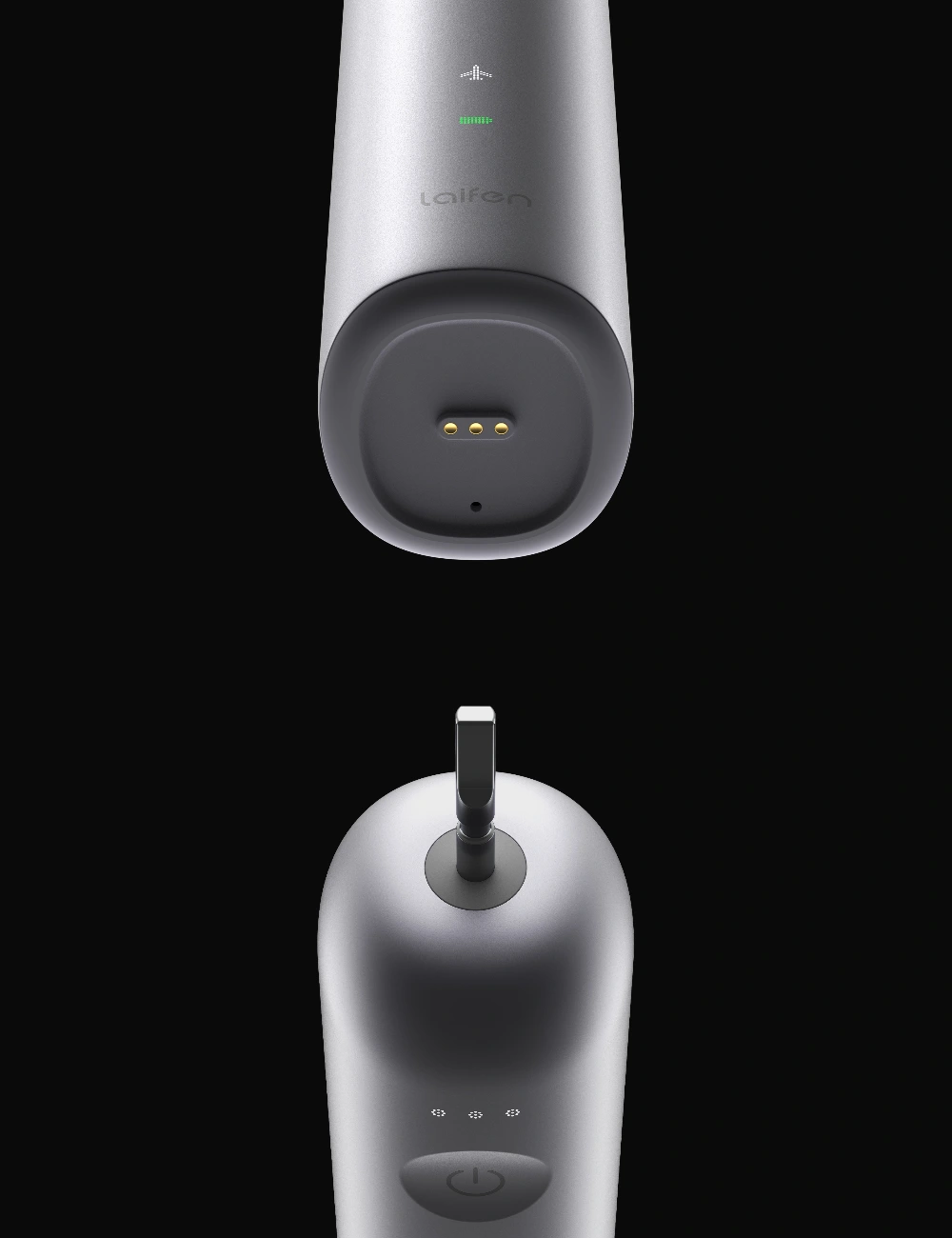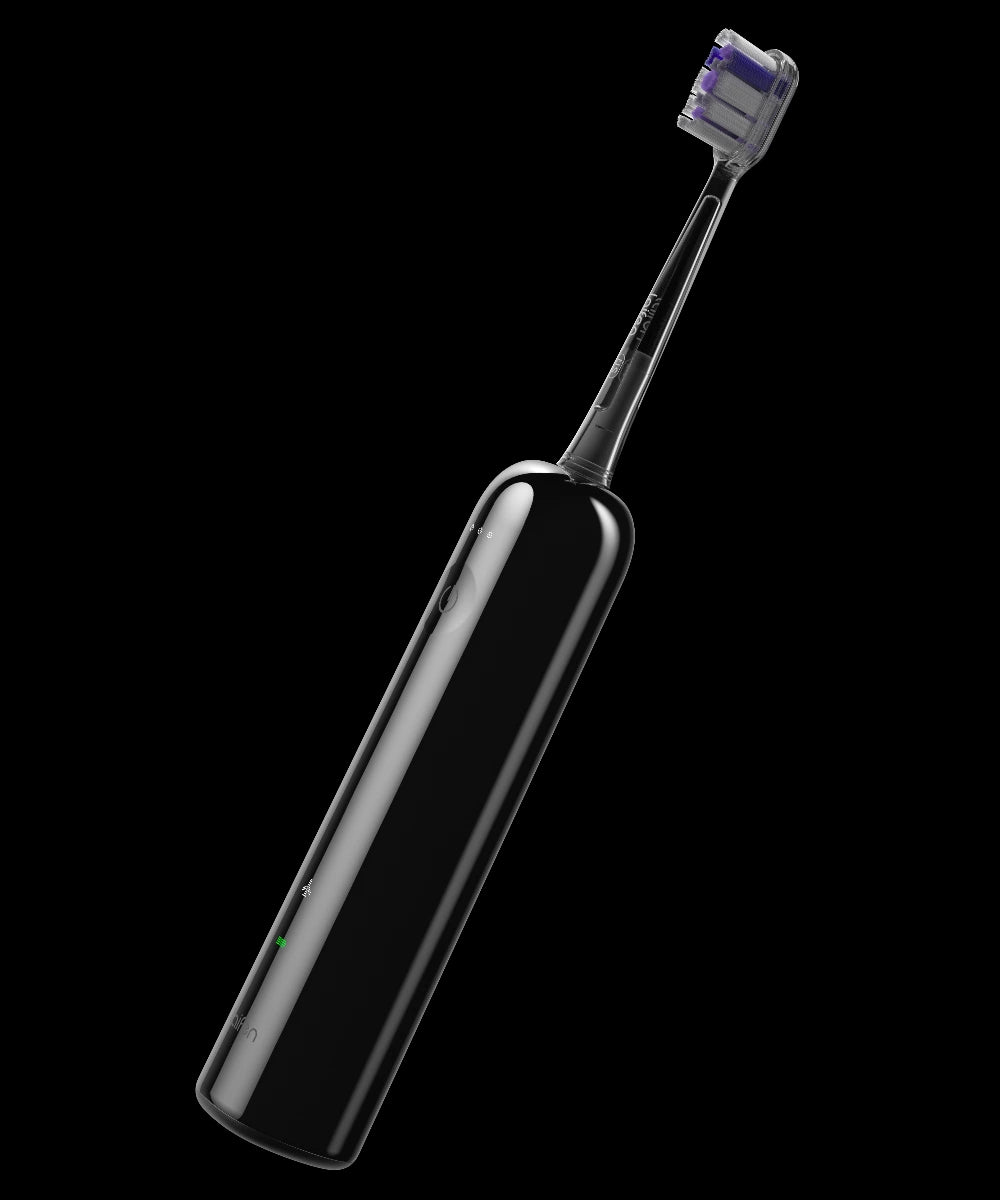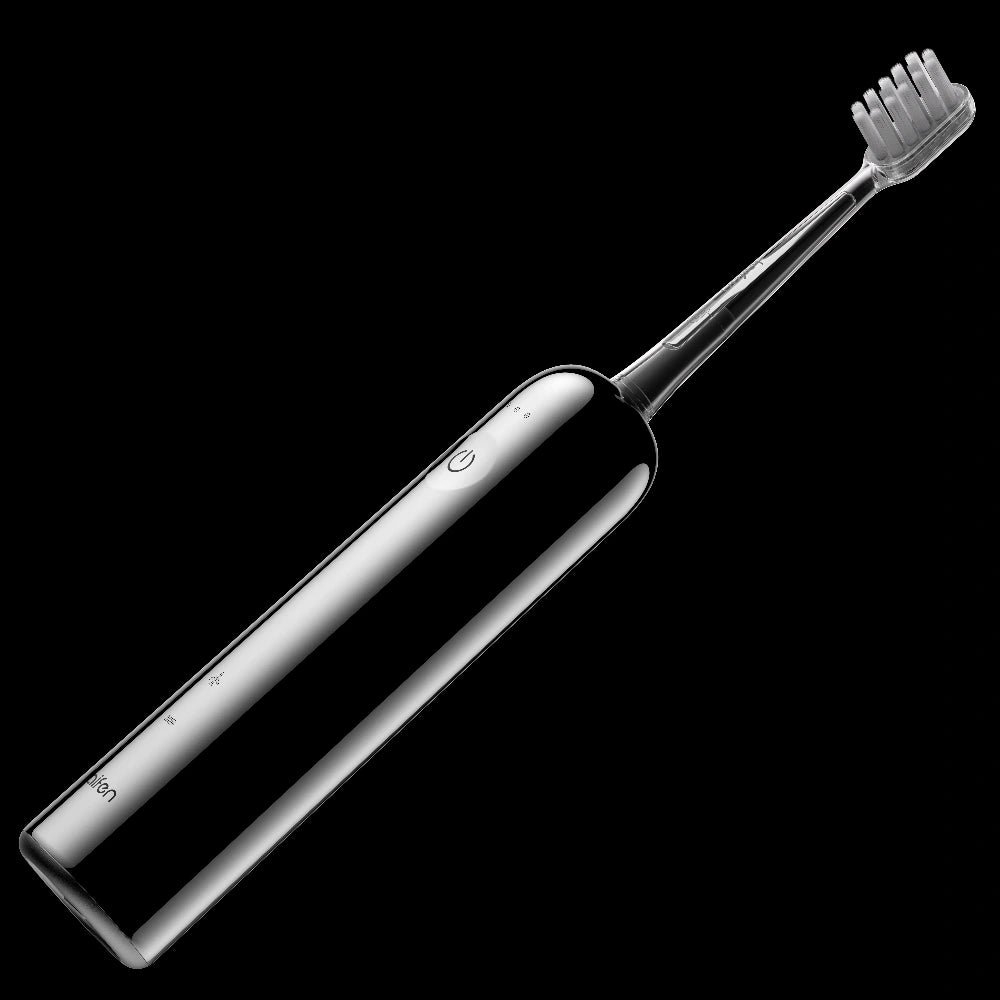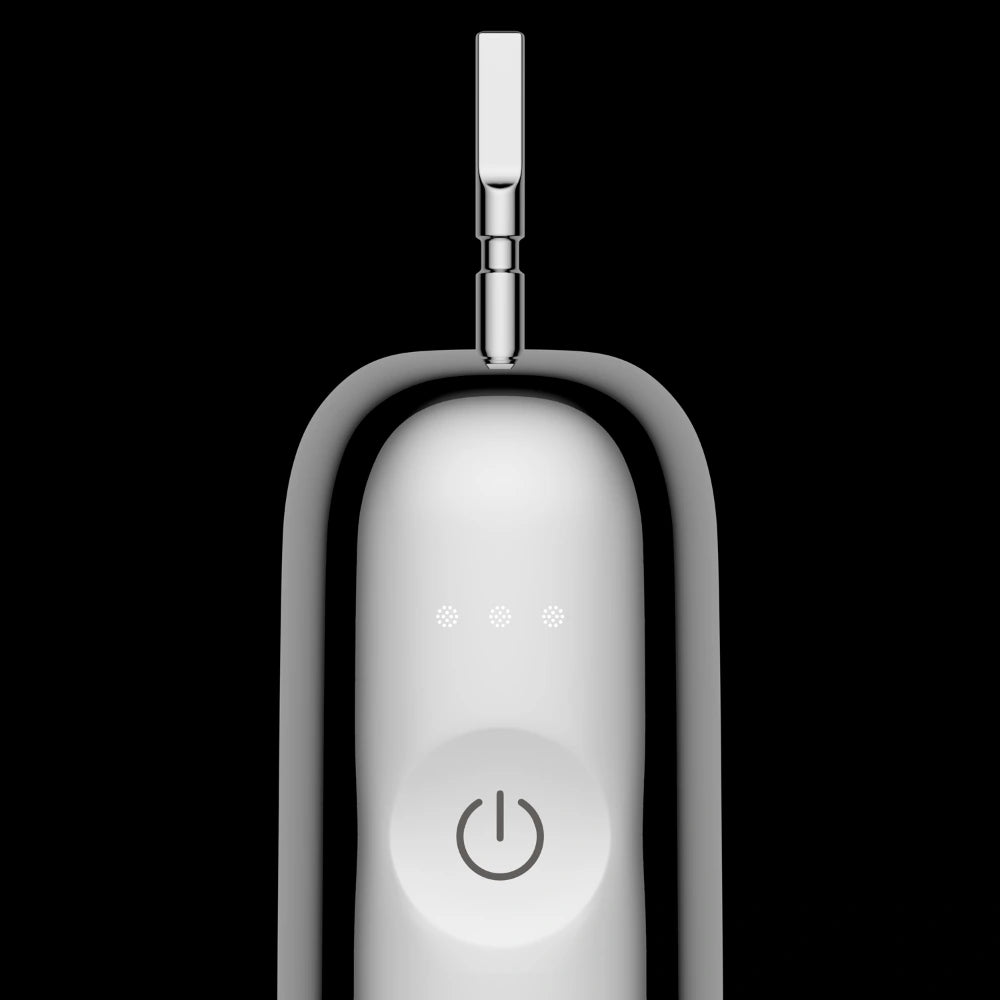
In this article
Everyone experiences a dry mouth from time to time, and it's undoubtedly unpleasant. But if you have dryness in the mouth frequently and it is affecting your quality of life, you need to do something about it.
In this article, we answer the SOS call for dryness in the mouth by looking at the signs, symptoms, and potential solutions, and make some recommendations about what you can do to remedy this problem.
[See also: Dry mouth during pregnancy]
What causes dry mouth?
Frankly, there are lots of dry mouth causes. Any of the following situations may cause your mouth to feel dry from time to time:
Medications
If you are taking prescribed medications, they might be causing your mouth to dry out. Antidepressants are known as a potential cause, as are muscle relaxants and some high blood pressure tablets. You can call your doctor to report this side effect if it's affecting your quality of life.
Nerve damage
A damaged or injured neck or back can lead to nerve damage, which might affect the level of hydration in your mouth. This is usually temporary and when the nerve recovers, your symptoms should also disappear.
Cancer treatment
Chemotherapy is one of the most common reasons why your mouth has dried out. This is because it can have a direct impact on the amount of saliva you produce. Your doctor will likely inform you of this side effect before you start cancer treatment.
Excessive alcohol use
Drinking too much alcohol can cause your mouth to dry out, as it is a common cause of dehydration. The same is true of excess smoking and drug use.
Snoring
If you wake up every morning and notice that your mouth is particularly dry, it may be caused by the fact that you snore during the night. You can try different things to stop snoring if you want to remedy this.
If you suffer from a constant dry mouth, we recommend visiting your doctor's office as there may be an underlying health condition that you're not aware of.
Symptoms to look out for
Though it might seem like a fairly obvious condition to notice, dryness in the mouth can manifest itself differently to different people. Some of the common symptoms to look out for include:
-
Bad breath
-
Dryness at the back of the throat
-
Thick and stringy saliva
-
Dry tongue
-
A bad or tinny taste in the mouth
-
A sore throat
In most instances, the dryness you experience in the mouth is due to a lack of saliva. Saliva plays a crucial role in your mouth, by washing away food and bacteria and helping to retain good levels of hydration. Without sufficient saliva in your mouth, you may experience discomfort and it might be difficult for you to eat and chew foods.
Solutions - how to get rid of dry mouth?
The best dry mouth treatment depends on what causes it in the first place. For instance, if you think it is caused by a specific medication that you have recently started taking, your doctor may offer you an alternative medicine to try. Please note that you should never stop taking medication on your own - always consult your doctor before making any changes.
If the dryness in your mouth is caused by excessive alcohol use or smoking, the obvious thing to do would be to reduce the amount you drink or smoke. Though this may be easier said than done, there are resources online to help you quit or manage your intake.
If you have tried numerous things to prevent the dryness in your mouth, you may need to book a consultation with your doctor to get to the root cause of the problem. But in the meantime, here are some simple things you can do at home to try and get rid of dry mouth:
-
Use an antibacterial mouthwash twice a day to remove any bacteria from your mouth, which might be contributing to the dryness.
-
Increase the amount of water that you drink every day to keep your mouth and body hydrated.
-
Reduce the amount of sugar that you take in your diet. Saliva needs to work really hard to break down sugar, so reducing the amount of sugar in your diet can be an effective way to reduce the dryness in your mouth.
Final words
Experiencing dryness in your mouth can be frustrating but it's not usually a major cause for concern. For most people, making some simple changes to diet or lifestyle can have the desired impact. For others, changing medications - as directed by a doctor - can also work well.
You can try some of the simple tips we've introduced above to reduce the dryness in your mouth, but if you are experiencing long-term discomfort and are worried about the situation, please make an appointment with your doctor to explore the best course of action.
FAQ
Q1: What causes extremely dry mouth while sleeping?
Often, snoring or breathing through your mouth can cause your mouth to dry out during the night. Also, if you took alcohol before going to bed, this might be the cause of the dryness in your mouth.
Q2: What should I do about dry skin around my mouth?
This could be caused by numerous things and it may even be a skin issue like eczema. If you have painful dryness around the mouth, it's best to consult your doctor for a diagnosis and treatment plan.
Q3: Do dry mouth lozenges work?
Yes, they do work, but they are usually only a temporary solution. To treat dryness in the mouth in the long run, you need to get to the bottom of the issue and treat its cause.
Q4: Can Covid dry out the mouth?
Yes, Covid can cause your mouth to dry out. It may also cause bad breath or a bad taste in the mouth. If you think you have Covid, you should take a test and follow any necessary precautions.





